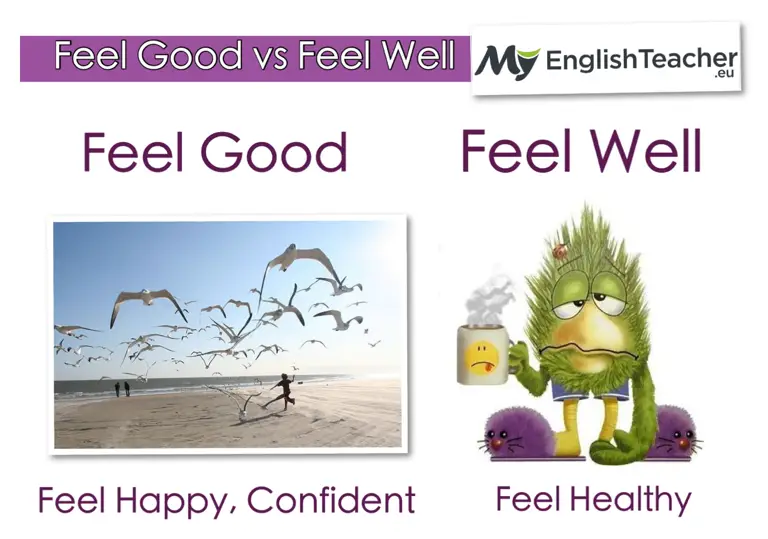Self-Study Tasks.REMEMBER THAT WHAT YOU SAY IS USUALLY LESS IMPORTANT THAN HOW YOU SAY IT.
среда, 31 декабря 2014 г.
воскресенье, 28 декабря 2014 г.
Xmas or Christmas

Here’s a holiday surprise that only the dictionary can provide. Do you find the word “Xmas,” as an abbreviation for Christmas, offensive? Many people do. You won’t find Xmas in church songbooks or even on many greeting cards. Xmas is popularly associated with a trend towards materialism, and sometimes the target of people who decry the emergence of general “holiday” observance instead of particular cultural and religious ritual. But the history of the word “Xmas”
Ярлыки:
reading
пятница, 26 декабря 2014 г.
вторник, 23 декабря 2014 г.
Santa Clause Quiz

Santa Claus is a jolly old man who brings toys
and joy to a lot of boys and girls on Christmas. The legend of Santa claus has
a long history, and there are some slight differences across various cultures.
For today’s English lesson, we’re going to have a quiz about Santa Claus.
Here are the questions:
1. Where does Santa Claus live?
воскресенье, 21 декабря 2014 г.
пятница, 19 декабря 2014 г.
Enjoy the weekend
Idioms:
- A day
off – выходной день
- The
daily round – круг ежедневных занятий
- Take a
rest - отдыхать
- A well-earned rest – заслуженный отдых
- Leisure
time – свободное время
- Lady\gentleman of leisure – тот, кто не должен работать (юмор.)
- Have
one’s sleep out - выспаться
- Beauty sleep – сон днем; ранний сон (до полуночи)
Ярлыки:
lexis
понедельник, 15 декабря 2014 г.
English "Christmas" Collocations
‘Tis the season! With Christmas quickly
approaching, everyone is setting up their trees, wrapping presents, listening to carols, and getting ready
to spend the holiday with friends and family. Here are some
common English collocations that contain the word “Christmas”:
Ярлыки:
lexis
суббота, 13 декабря 2014 г.
Cold weather idioms
It’s freezing out there!
Do you like cold weather? Are you a fan of the winter? For today’s English
lesson, let’s look at some idioms and vocabulary related to the cold.
Ярлыки:
conversation,
lexis
четверг, 11 декабря 2014 г.
at the doctor
Important words with examples:
pain
- Suddenly she felt a
sharp pain in her
neck / shoulder / waist / arm / leg / stomach.
- Take an aspirin to relieve the pain.
- Take an aspirin to relieve the pain.
ache
continuous pain; feel a continuous pain
continuous pain; feel a continuous pain
- I can’t sleep
because my head aches too bad.
- I have a terrible headache / backache / stomach-ache.
- I have a terrible headache / backache / stomach-ache.
Ярлыки:
lexis
вторник, 9 декабря 2014 г.
понедельник, 8 декабря 2014 г.
воскресенье, 7 декабря 2014 г.
суббота, 6 декабря 2014 г.
Rules You Need to Communicate Effectively
1) Simplicity: Use
Small Words
“Avoid words
that might force someone to reach for the dictionary… because most Americans
won’t. They’ll just placidly let your real meaning sail over their heads or,
even worse, misunderstand you. You can argue all you want about the dumbing
down of America, but unless you speak the language of your intended audience,
you won’t be heard by the people you want to reach.”
Ярлыки:
reading,
translation
irregular plurals
 Spaghetti [spuh-get-ee]
Spaghetti [spuh-get-ee]
Next
time you dive into a hot plate of spaghetti, take a moment to appreciate
each individual spaghetto. The word spaghetti is from the Italian spago meaning "thin rope,
twine." It's amazing to think that this beloved, stringy pasta has been a
plural all along. Early on in its time in English, spaghetti was spelled
"sparghetti," as in Eliza Acton's pivotal 1845 cookbook Modern Cookery, but by 1885 the plural pasta
assumed its currently accepted form.
пятница, 5 декабря 2014 г.
Collocations with «make»

http://www.myhappyenglish.com/?powerpress_pinw=9526-podcast
Make is an interesting verb in English because it collocates with a number
of different words. For today’s English lesson, let’s look at how to use these
phrases with make in English conversation and writing.
She’s not interested in his excuses…
She’s not interested in his excuses…
Ярлыки:
lexis
четверг, 4 декабря 2014 г.
среда, 3 декабря 2014 г.
воскресенье, 30 ноября 2014 г.
четверг, 27 ноября 2014 г.
среда, 26 ноября 2014 г.
понедельник, 24 ноября 2014 г.
A story about confidence
Read and listen
to Jane’s story of confidence vs. insecurity. Try to guess what the bolded vocabulary
words mean from the context – then read the vocabulary section at the end of
the story to find the answers.
http://www.espressoenglish.net/a-story-about-confidence/пятница, 21 ноября 2014 г.
четверг, 20 ноября 2014 г.
среда, 19 ноября 2014 г.
Exposure Is 2014 Word of the Year
Ярлыки:
reading,
translation
понедельник, 17 ноября 2014 г.
"Make" with prepositions
Make is an interesting verb which collocates with a variety of
prepositions – in, of, with, from, and by. For today’s English lesson, let’s
have a look at how to use make with several prepositions in
English conversation and writing.
Here are the example
sentences:
воскресенье, 16 ноября 2014 г.
четверг, 13 ноября 2014 г.
среда, 12 ноября 2014 г.
суббота, 8 ноября 2014 г.
четверг, 6 ноября 2014 г.
A blast from the past & remind
Remind is an interesting verb in English and has a few different uses. For
today’s English lesson, let’s have a look at two different uses for this verb.
I am also going to teach you the idiom, a blast from the past.
Ярлыки:
lexis
понедельник, 3 ноября 2014 г.
Be sick vs. Catch a cold vs. Have a cold
Ярлыки:
lexis
суббота, 1 ноября 2014 г.
Подписаться на:
Сообщения (Atom)











.jpg)




























